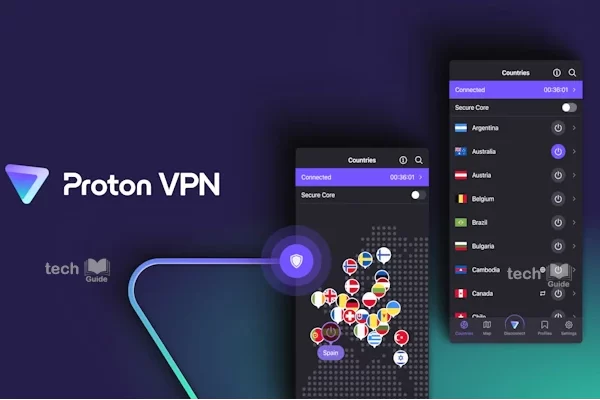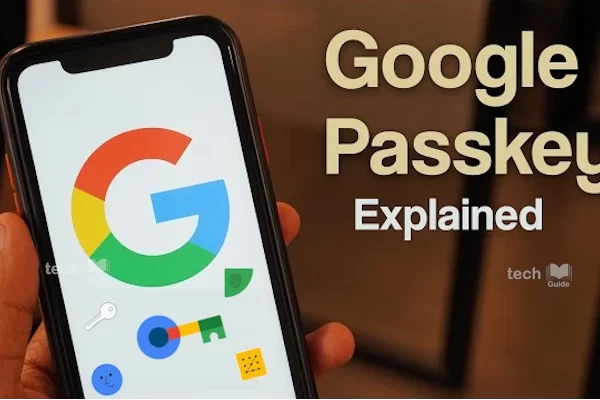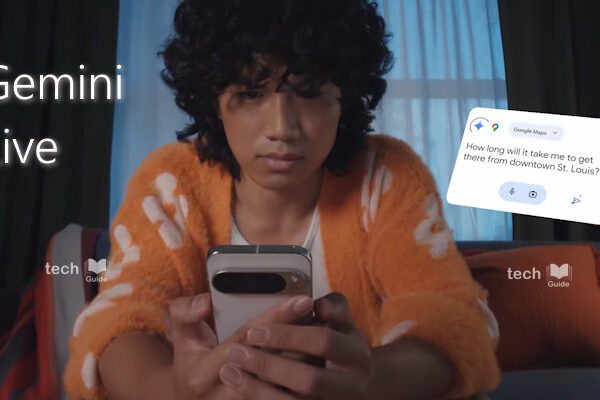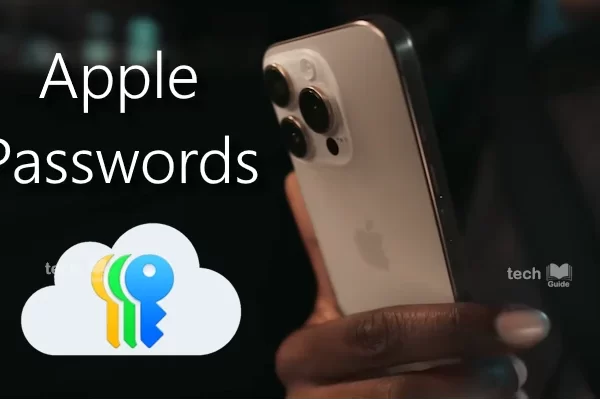
Have you ever worried about your privacy when using any of the Generative AI tools that you use regularly. You may have realized that these AI tools are deeply integrated into our daily digital activities, and they are here to stay.
Today AI tools are largely used to generate images and videos, write articles and legal documents, generate code, get some personal advice or answers to your questions and more. As you get more and more used to it, you can’t live without it. However, there are some serious privacy concerns to consider.
You may have already read multiple instances of security and privacy concerns raised every now and then. Remember, Open-AI gathered and shared private information without consent and this is not unique to one specific AI tool. You know these Chatbots sends your browsing info to search engines for possible use in ads. So, the big question is, should we ditch these amazing tools because of privacy? Not necessarily! You can embrace AI’s awesomeness while keeping our information secure. Today I would like to highlight / brainstorm some of the key privacy risks of using AI that you need to be aware of, to protect yourself.
Now let us imagine you have a personal assistant that knows your deepest thoughts, your most intimate secrets, and every step you’ve ever taken. Well, with the rise of AI chatbots, this is already a reality. I’ve been using AI chatbots for a while now, and they’re truly remarkable tools. They can help to write, create art, summarize and even provide medical assistance. But as I went deeper into their capabilities, I had this feeling that I am afraid. My assistant knows everything about me. What if there comes a dark side to this digital convenience.
See: Gemini Live rolls out for Android – AI companion you can talk with
When you interact with any centralized AI chatbot, you’re essentially feeding it a treasure of personal information. Your questions, responses, and even your browsing history become part of their training data. Now, the companies behind these chatbots claim to anonymize this data, but is that really enough? Imagine if someone could piece together your unique search queries and responses. It wouldn’t take long to create a detailed profile of your life.
But that’s not all. These chatbots are constantly learning and evolving. The more you interact with them, the more they learn about you. Your personal details, your preferences, likes and dislikes, your fears – all of it is being absorbed and stored forever. Once given these data cannot be taken back. You do not have any control to revert or erase. In many cases, you don’t even remember when you shared this information as you interact with these bots regularly every now and then.
What’s even more concerning is that this data can be used for wicked purposes. Hackers could target individuals for extortion or identity theft. Governments might use it for surveillance or to influence public opinion. This database will also be incredibly valuable for data brokers, because it provides such deep insight into your life, neatly tied together in a single profile that you’ve likely linked to your real name and phone number. The platforms collecting your data will absolutely be tempted to sell access to it. Some of the companies explicitly state they’re allowed to share your data with external entities, which could include advertisers, partners, government and law enforcement.
I remember talking to one of my friends who is a cybersecurity and privacy expert who summed up the situation perfectly.
The ability for damage from that knowledge in one centralized place is UNACCEPTABLE!
So, what can we do to protect ourselves?
The first step is to be aware of the risks. Understand that when you use an AI chatbot, you’re essentially giving away a piece of yourself.
We also need to demand more transparency from these companies. They should be upfront about how they collect, store, and use our data. And we need to support privacy-focused alternatives that prioritize our data security.
There is no doubt that the future of AI is bright, but as a consumer, we must be vigilant. It’s time to close the Pandora’s Box of privacy before it’s too late.
What do you think as a measure you will take to prevent your privacy over convenience? Please leave your comments below.
Thanks for Reading. Stay Tuned!
Finally, “subscribe” to my newsletter, so that you get notified every time when I publish.






